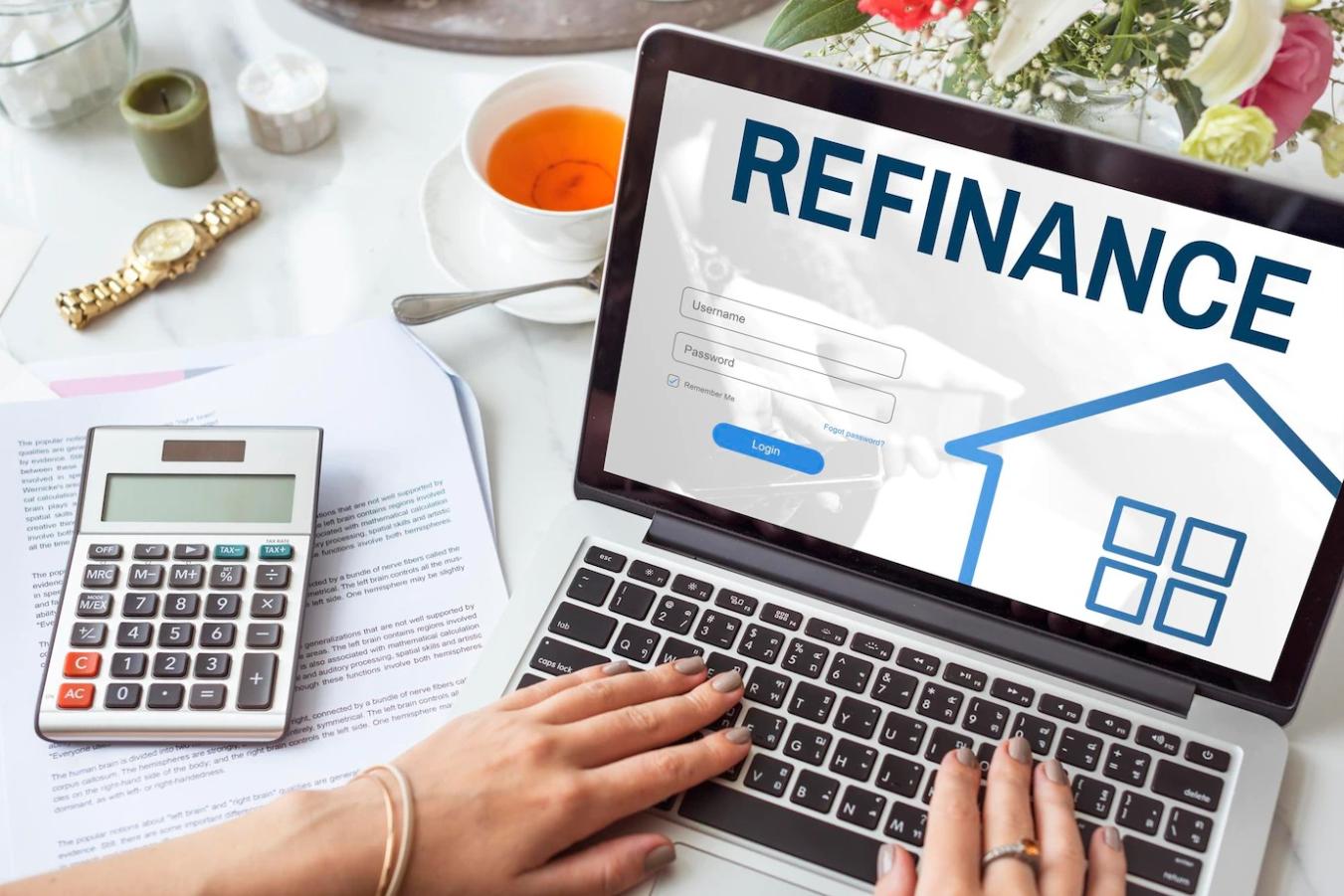What Are the Closing Costs Associated with Mortgage Refinancing?
Mortgage refinancing is the process of replacing an existing mortgage with a new one, typically with the goal of securing a lower interest rate or better loan terms. While refinancing can offer significant financial benefits, it also involves certain costs known as closing costs.

Types Of Closing Costs
The closing costs associated with mortgage refinancing can vary depending on the lender, the type of loan, and the location of the property. However, some common types of closing costs include:
Loan Origination Fees
- Description and Purpose: Loan origination fees are charged by the lender for processing and underwriting the new loan. These fees cover the costs of evaluating the borrower's creditworthiness, verifying income and assets, and preparing the loan documents.
- Typical Range of Fees: Loan origination fees typically range from 0.5% to 1% of the loan amount, but they can vary depending on the lender and the borrower's credit score.
- Factors that Influence the Amount of Fees: The amount of loan origination fees charged can be influenced by the borrower's credit score, the loan amount, and the lender's fees and policies.
Appraisal Fees
- Description and Purpose: Appraisal fees are charged for an appraisal of the property to determine its current market value. This appraisal is necessary to ensure that the loan amount does not exceed the value of the property.
- Typical Range of Fees: Appraisal fees typically range from $300 to $500, but they can vary depending on the location of the property and the complexity of the appraisal.
- Factors that Influence the Amount of Fees: The amount of appraisal fees charged can be influenced by the location of the property, the size and condition of the property, and the complexity of the appraisal.
Title Search And Insurance Fees
- Description and Purpose: Title search and insurance fees are charged for a title search to ensure that the property is free of any liens or encumbrances. Title insurance protects the lender against any claims or defects in the title to the property.
- Typical Range of Fees: Title search and insurance fees typically range from $500 to $1,000, but they can vary depending on the location of the property and the amount of the loan.
- Factors that Influence the Amount of Fees: The amount of title search and insurance fees charged can be influenced by the location of the property, the value of the property, and the amount of the loan.
Recording Fees
- Description and Purpose: Recording fees are charged for recording the new mortgage with the local government. This fee is required to make the mortgage a public record.
- Typical Range of Fees: Recording fees typically range from $50 to $100, but they can vary depending on the location of the property.
- Factors that Influence the Amount of Fees: The amount of recording fees charged can be influenced by the location of the property and the amount of the loan.
Prepaid Interest
- Description and Purpose: Prepaid interest is the interest that is paid in advance for the period from the date of closing to the first mortgage payment due date.
- Typical Range of Fees: Prepaid interest typically ranges from one to two months' worth of interest payments, but it can vary depending on the lender and the loan terms.
- Factors that Influence the Amount of Fees: The amount of prepaid interest charged can be influenced by the loan amount, the interest rate, and the date of closing.
Escrow Fees
- Description and Purpose: Escrow fees are charged for the establishment and maintenance of an escrow account. This account is used to pay property taxes, homeowners insurance, and other recurring expenses related to the property.
- Typical Range of Fees: Escrow fees typically range from $200 to $500, but they can vary depending on the lender and the amount of the loan.
- Factors that Influence the Amount of Fees: The amount of escrow fees charged can be influenced by the loan amount, the property taxes, and the homeowners insurance premiums.
Factors That Influence Closing Costs
In addition to the type of loan and the loan amount, several other factors can influence the closing costs associated with mortgage refinancing:
- Credit Score: Borrowers with higher credit scores may be eligible for lower closing costs.
- Location of the Property: Closing costs can vary depending on the location of the property.
- Lender Fees and Policies: Different lenders may have different fees and policies regarding closing costs.
Strategies To Reduce Closing Costs
There are several strategies that borrowers can use to reduce the closing costs associated with mortgage refinancing:
- Shop Around for Lenders: Borrowers should compare closing costs from multiple lenders to find the best deal.
- Negotiate Fees with the Lender: Borrowers may be able to negotiate certain fees with the lender, such as the loan origination fee.
- Consider a No-Closing-Cost Mortgage: Some lenders offer no-closing-cost mortgages, which allow borrowers to finance the closing costs into the loan amount.
- Use a Home Equity Line of Credit (HELOC): Borrowers with equity in their home may be able to use a HELOC to cover the closing costs of a mortgage refinance.

Closing costs are an important consideration when refinancing a mortgage. By understanding the different types of closing costs and the factors that influence them, borrowers can make informed decisions about how to minimize these costs and maximize the benefits of refinancing.
YesNo

Leave a Reply